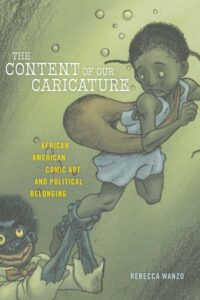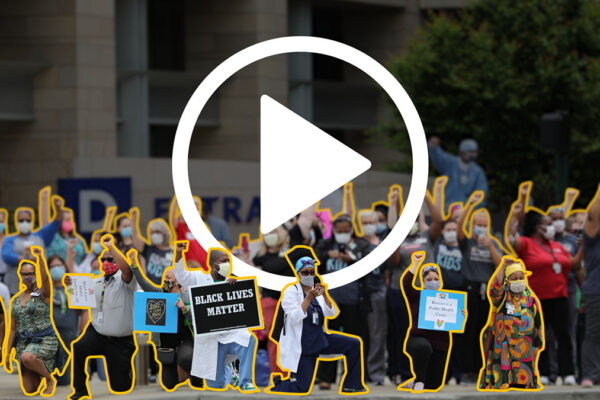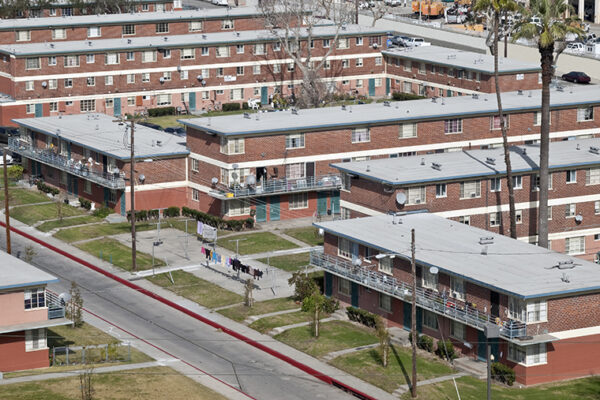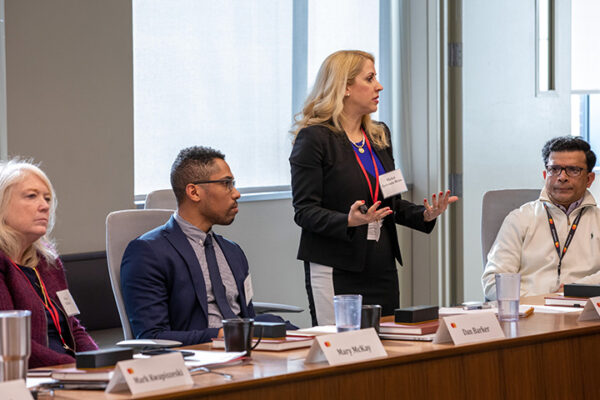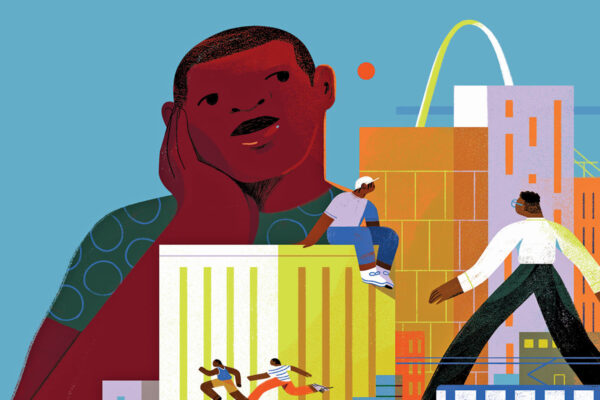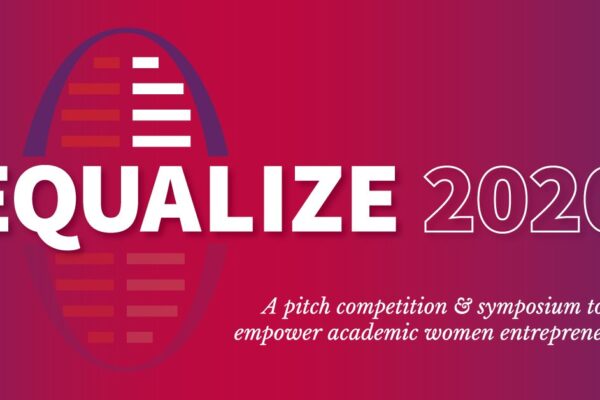Female faculty in psychological sciences survey present, chart future
Washington University’s Deanna Barch was among 59 women psychologists working in academia who took an empirical approach to understanding gender inequities in their field. They find some promising data, but also much work to be done.
How regulations meant to increase poor, minority lending ultimately backfire
New Olin Business School research has exposed a significant increase in poor customer service, fraud and mis-selling by retail banks in low-to-moderate income areas targeted by the Community Reinvestment Act, especially those with a high minority population.
Mothers’ paid work suffers during pandemic, study finds
New research from Washington University in St. Louis finds early evidence that the pandemic has exacerbated — not improved — the gender gap in work hours, which could have enduring consequences for working mothers.
The Content of Our Caricature
African American Comic Art and Political Belonging
Traces the history of racial caricature and the ways that Black cartoonists have turned this visual grammar on its head. Revealing the long aesthetic tradition of African American cartoonists who have made use of racist caricature as a Black diasporic art practice, Rebecca Wanzo demonstrates how these artists have resisted histories of visual imperialism and […]
It’s time for change
Three esteemed Arts & Sciences faculty members discuss the social movement against police brutality taking place across the nation and the world, and its implications for teaching, research and higher education.
Will CARES Act stimulate economic growth or more inequity?
If history is any indication, the economic fallout and increased political demands caused by the coronavirus could pressure government leaders into building a new safety net for lower income groups, suggests new research from Washington University in St. Louis.
Mastercard awards Social Policy Institute $1.5 million grant
The Mastercard Impact Fund recently awarded the Social Policy Institute (SPI) at Washington University in St. Louis a three-year, $1.5 million grant. Mastercard’s founding partnership of the SPI will further strengthen the institute’s ability to use research and data science to impact social policy and to promote inclusive growth in the St. Louis community and beyond.
Changing the lives of young black men in St. Louis
Sean Joe, the Benjamin E. Youngdahl Professor of Social Development at the Brown School, is planning a population-wide initiative that could improve the lives of 60,000 black men in St. Louis.
Equalize 2020: Empowering academic women entrepreneurs
Washington University in St. Louis is committed to supporting faculty, students and staff wherever they are on their entrepreneurial journey — and is especially invested in supporting women bringing their ideas and discoveries from the lab to the marketplace.
A terrific example of that commitment begins in St. Louis next year, with Equalize 2020.
Introducing In St. Louis
Washington University in St. Louis is proud to launch a new annual project designed to explore — through the experiences, scholarship, work and voices of St. Louisans — what it means to be in St. Louis today.
Older Stories



